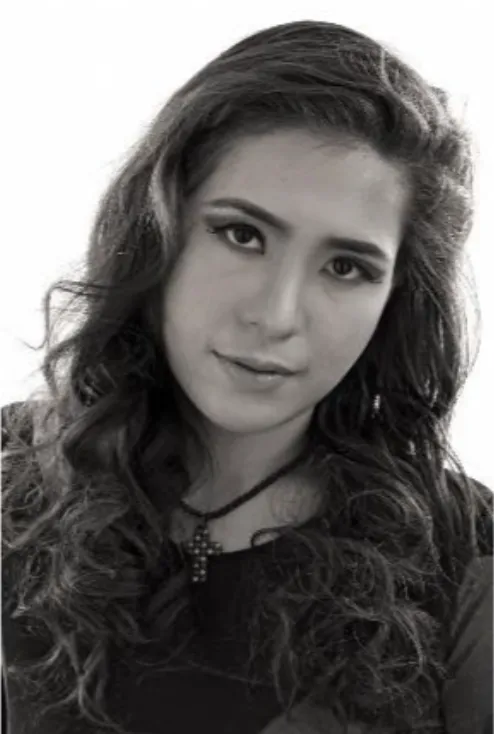
Camille Dela Rosa
5 Artworks
Biography
Camille Dela Rosa was born on the 29th of July, 1982. She is the daughter of the late noted painter Ibarra Y. Dela Rosa and Humanities and Art History professor Ethel Dimacuha, who is also a visual artist. Perhaps aware of the then pathetic plight of artists, her father purposely did not encourage Camille to pursue her own artistic vision. He did not teach her how to paint, nor did he expose her to the art world he circulated in. Upon his demise in 1998, Camille nevertheless decided to become a painter. In the same year, she mounted her first solo exhibition at the age of 16. Her mother played an integral role in her formation as an artist, providing Camille with much-needed support and encouragement. As a young self-taught artist, her several solo exhibitions from 1998 to 1999 blossomed under the inspiration of her father's paintings. Soon, she slowly departed from her father's style to give way to her penchant for the impressionist technique, as evident from her paintings from 2000 to 2008. Camille produced spontaneously and exhibited her gardens, churches, landscapes, flowers, portraits, nudes, and people in their various endeavors along this vein. Art critic Cid Reyes even referred to Camille in his article as the "youngest impressionist painter in the Philippines."
More and more, Camille discovered the pleasure and challenge of her art. Suddenly in her 8th year as an artist, Camille left her comfort zone, stressing that she doesn't want to be stagnant in one visual genre and stay forever on that plateau. She became restless, and an urge to get out of the doldrums besieged her. By the year 2009, Camille surprised the art scene when she launched her 16th solo exhibit, titled "Aenigma." The show was a complete departure from her usual impressionistic garden paintings. She bravely explored the surreal, the morbid, the mechanical, and the unknown. Her works were dominated by proto-human skulls and skeletons— with an anatomical veracity of detail. Also evident were symbolic images and leitmotifs such as nude female figures, fetuses, throbbing hearts, ghoulish and realistic faces, proboscis, mouths, and eyeballs— in brief, an assortment of possibly metaphorical items reflecting narrative potential.
These works are now the images from her subconscious mind. Through this, she was able to create artworks that to others may seem "morbid" but are oozing with mystical, esoteric, and occult symbolism. In this art form, she successfully proved her worth as a surrealist artist.
In 2015, her contemporary and brave experiments in symbolism are again evident in her solo show, thematically titled "Enchantress," where she examines the strengths and prowess of women in a series of surreal portraits that are fascinating in their intricacy. Her skillful technique is again on full display, painting women in their dominating roles as mothers, warriors, and queens.
In conclusion, Camille's works are always an affirmation of her evolution as an artist and as a person. In her recent works, she explores nature and floral subjects, which she presents in a classic botanical genre infused with personal symbolism.
